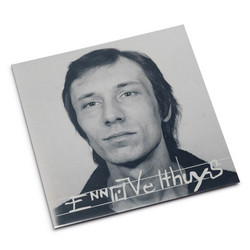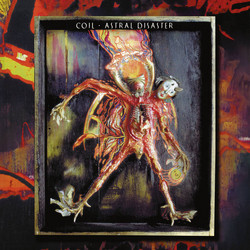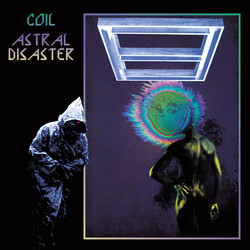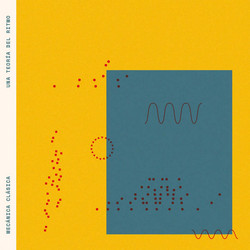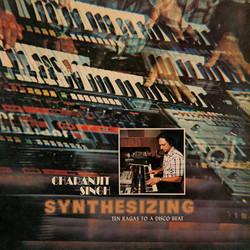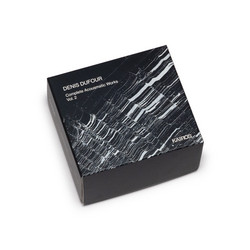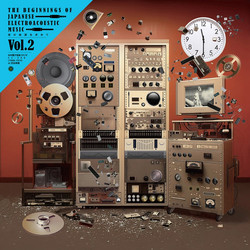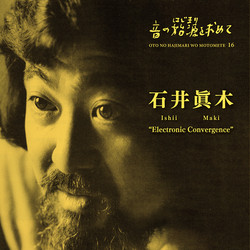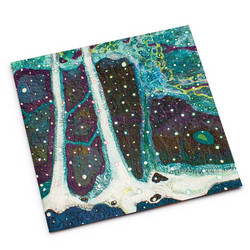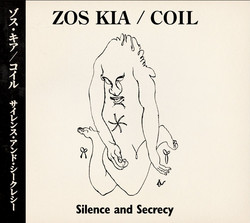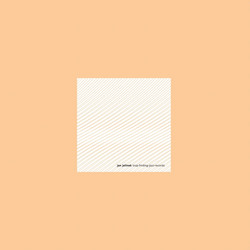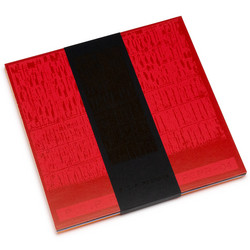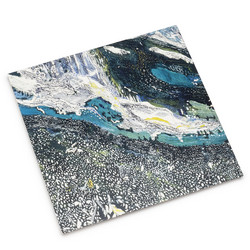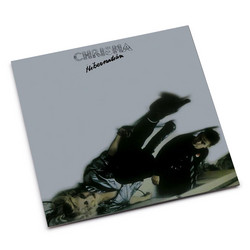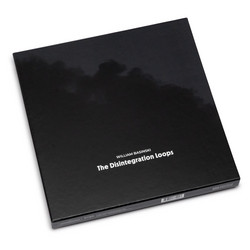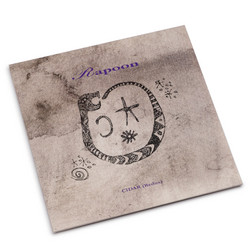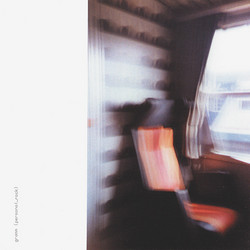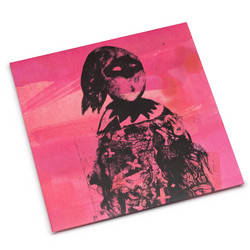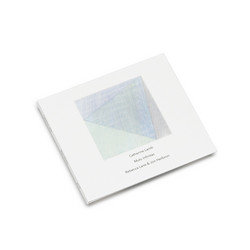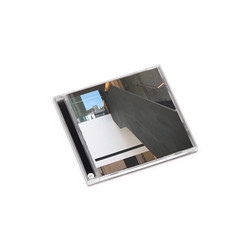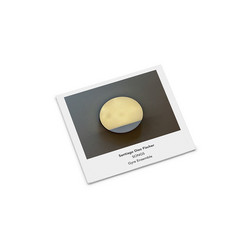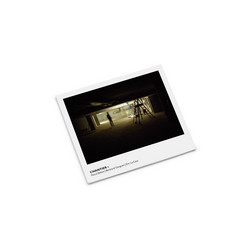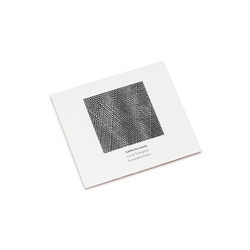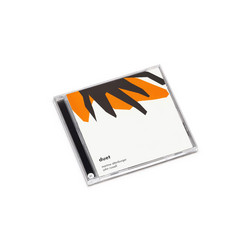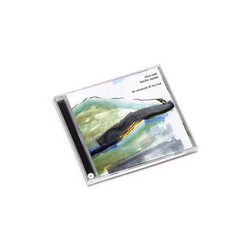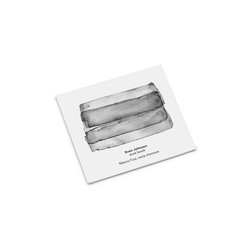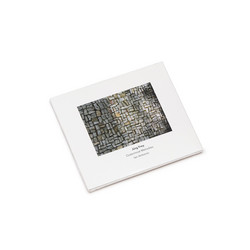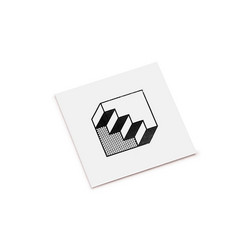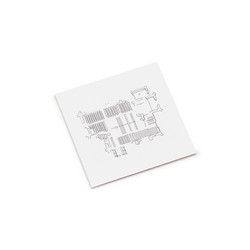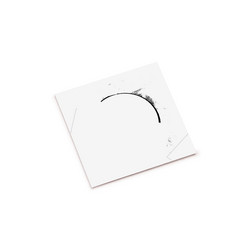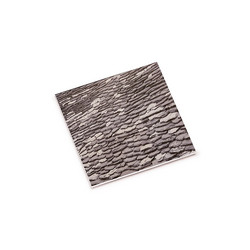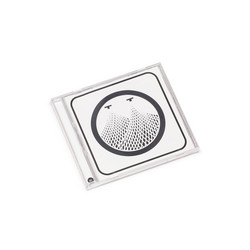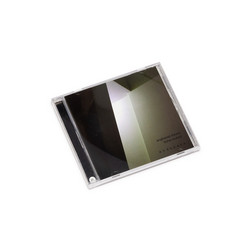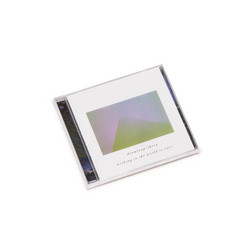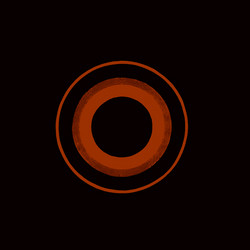The Roananax / Obliq split chronicles two generations of Berlin’s radical improvisers in dialogue. On the first half, Annette Krebs (electro-acoustic guitar, mixing board), Axel Dörner (trumpet), Robin Hayward (tuba), and Andrea Neumann (inside piano, mixing board) realize five nearly motionless improvisations from 1999. Their sound world is scoured of excess: silence reigns, interrupted only by microscopic events - clicks, whispers, friction, muted resonance, and breath become the core vocabulary. The quartet, mostly also members of the legendary Phosphor, sculpt an environment where every adjustment in pressure, timbre, or timing feels significant.
Roananax’s performances - sometimes bristling, often barely audible - reject narrative in favor of tactile presence and the mysterious magnetism of dispersal. The musicians listen deeply, threading their unique voices into a mesh that values doubt, shadow, and the slow unfolding of tension. Berlin reductionism here is neither a dogma nor a lack of energy; it is a way of paying attention, of making music from what might easily be silenced or overlooked.
Obliq’s 2014 set, by Pierre Borel (saxophone), Hannes Lingens (percussion), and Derek Shirley(double bass), trades in more linear development but sustains the spirit of dialogue and transparency. The split presents a vivid picture of evolving strategies in Berlin improvisation - both the quiet extremes of the late '90s and the more fluid, conversational approaches of a new generation. Roananax / Obliq is a primer in the aesthetics of less - each sound etched against silence, every moment a negotiation between deliberate action and the art of disappearance.
